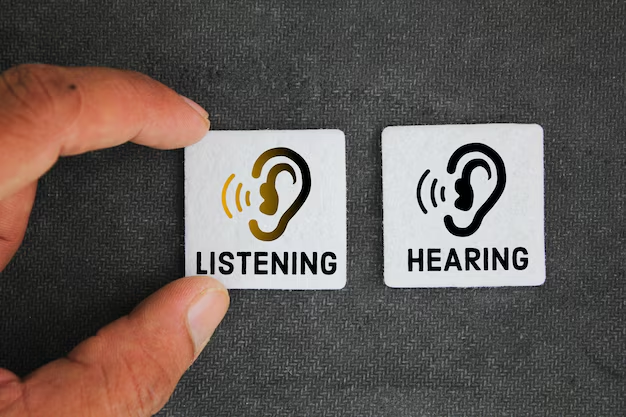How to Become a Hearing Aid Dispenser: Essential Degrees and Certifications
If you're considering a career as a hearing aid dispenser, understanding the necessary educational and certification requirements is crucial. At a minimum, a high school diploma or GED is commonly required, but many states mandate further qualifications. Pursuing a degree in audiology or hearing instrument science is a beneficial step, as these programs provide comprehensive knowledge in auditory systems, hearing aid technologies, and patient care. Formal training typically involves coursework and hands-on clinical experience, equipping future dispensers with the skills necessary to assess and fit hearing aids effectively.
Certification often requires passing state-administered competency exams. The National Board for Certification in Hearing Instrument Sciences (NBC-HIS) offers a nationally recognized credential that serves as a testament to one's expertise and commitment to the field. Each state may have specific licensing requirements, so it's essential to stay informed about local regulations. Engaging in continuous education not only enhances professional growth but also ensures that dispensers stay up-to-date with the latest advancements in hearing aid technology—an ever-evolving domain.
Degrees, Certifications, and Licenses to Consider:
- 🎓 High School Diploma or GED: Basic educational requirement.
- 🎓 Degree in Audiology or Hearing Instrument Science: Recommended for comprehensive knowledge.
- 📜 State Licensing Exam: Mandatory in many regions for professional practice.
- 📜 NBC-HIS Certification: Voluntary but beneficial for nationwide recognition.
- 📜 Continuing Education Courses: Important for staying current with industry advances.
